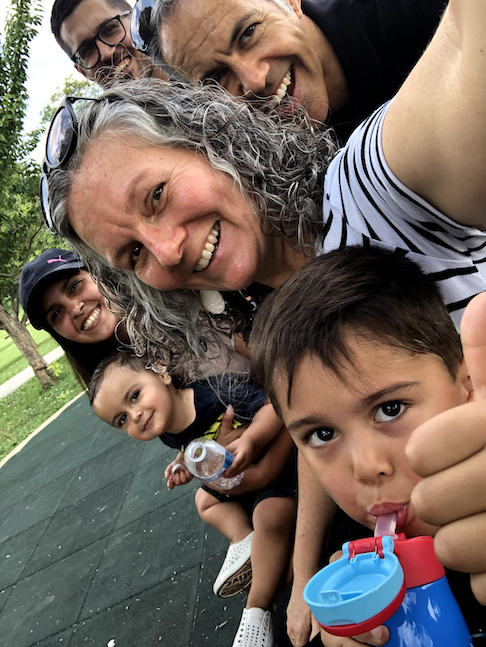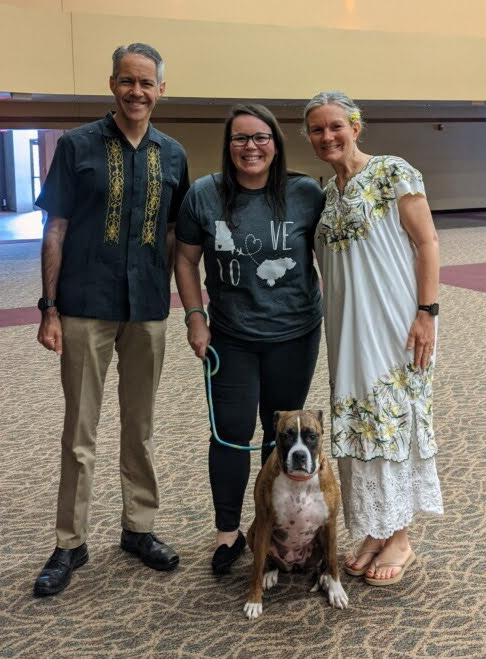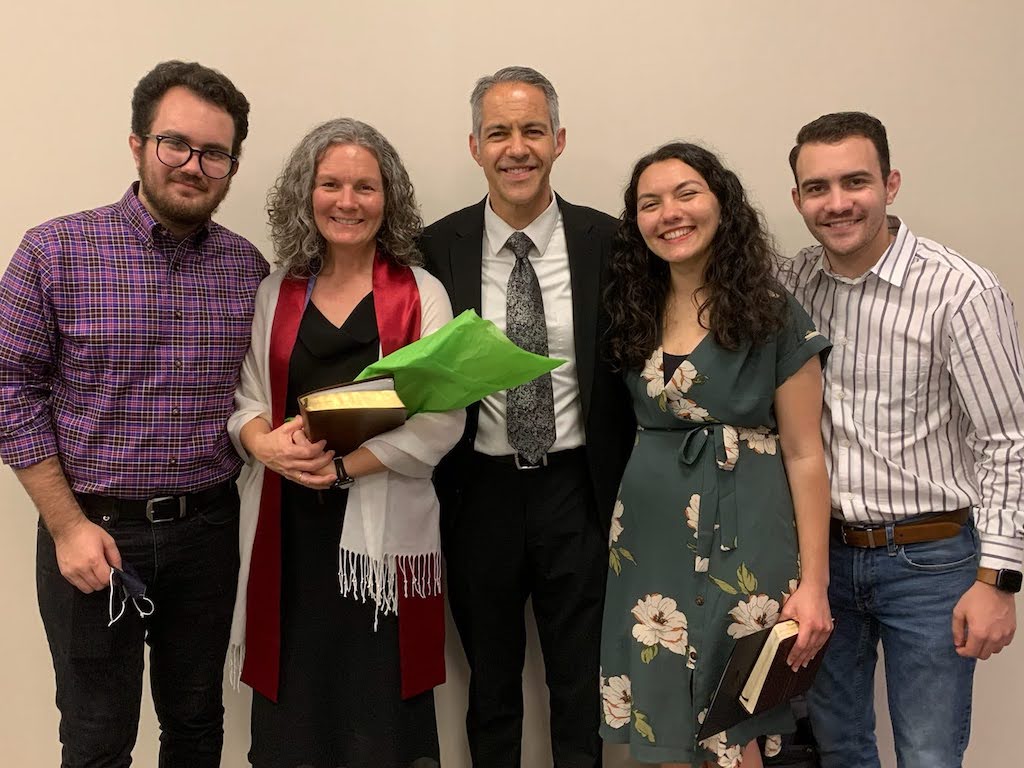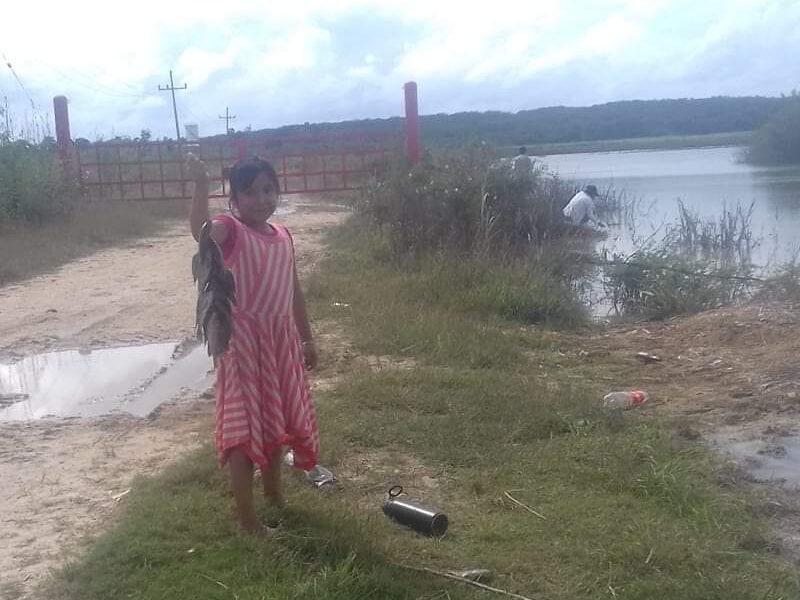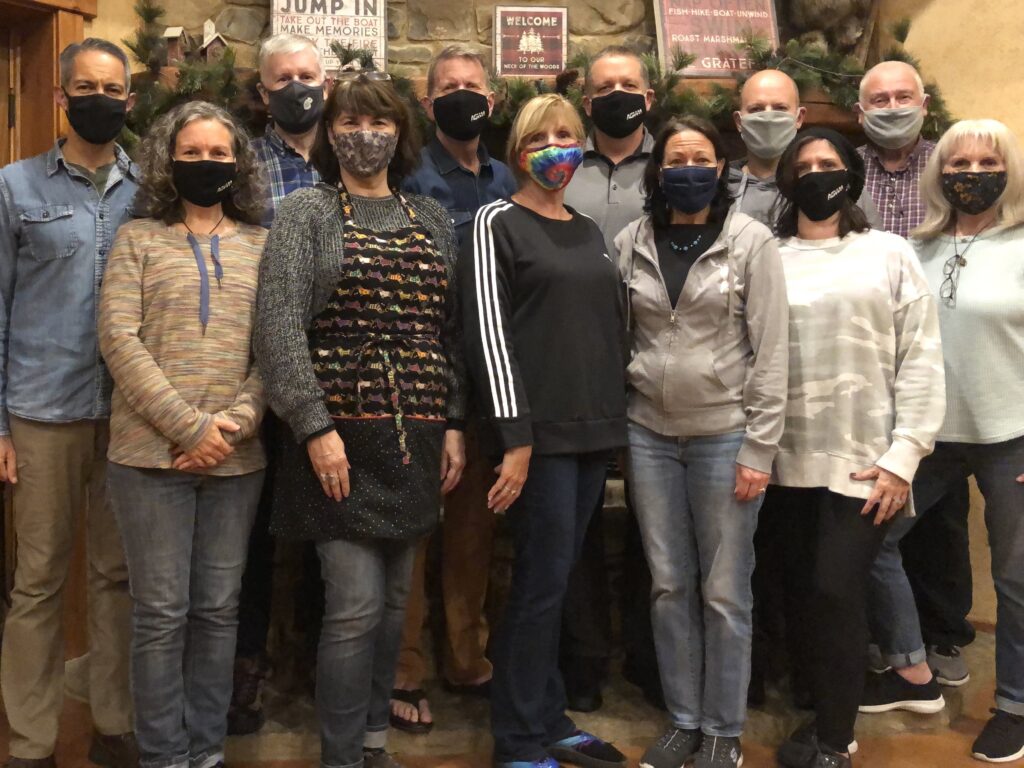Just a few paces from the flashing lights and bustle of activity of the General Council exhibit hall, in a space created to illustrate the syncretism, idolatry, and animism common to the region of Latin America where we serve (see photo), Danny* was speaking to me with tears in his eyes. He was attracted to “the shack,” the location of this display of indigenous religious expression, by the statue of the Virgin of Guadalupe which was positioned prominently in the center of the structure. Being of Mexican descent, he was keenly aware of its significance. Although he described himself as non-religious before his conversion, he knew how central this image was to Mexican religious expression and how distracting it can be to the nurture of true faith in Christ.
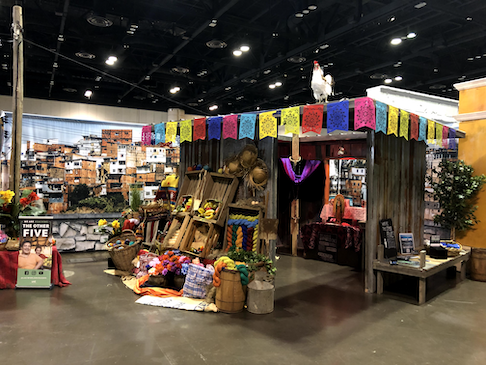
Still, as the conversation continued, it was clear that Danny had entered that space with a need that casual exchange could not meet. A young pastor of a fledgling church plant, he was struggling with the opportunities and challenges of serving his Hispanic congregation. He questioned his ability to guide a community so needy during a time so tremendous. He lamented his lack of a mentor as he struggled to motivate a congregation comprised of several who surpassed his age by decades.
“I don’t know why I’m telling you all of this,” he said apologizing, but it was plain to see what was transpiring: surrounded by symbols of false religion, Danny was looking for a sign of hope. And, as I spoke the words, “can I pray for you?”, that shack designed to display the pervasiveness of syncretism became a sacred space, a point of encouragement for a beleaguered pastor. As Jesus, the way the truth, and the life met with us, Danny discovered that he had come with a burden but left with a blessing.
Danny’s story is special, but it is in no way singular. As I exited the shack, I saw another group, with hands raised, praying in the middle of our regional missions display. Clearly, in the four days of General Council 2021, hundreds of visitors were engaged and informed. Dozens signed up to explore opportunities in short-term or career missions and many were encouraged as missionaries shared their time, stories, and prayers.
What a blessing it was to advocate for missions during General Council 2021 in Orlando, Florida. Thank you for your prayers and support that make such trips a possibility. Please continue to pray that we would see fruit from our efforts–new workers to continue the unfinished task of disciple-making in Mexico and throughout the LAC.
*name changed

